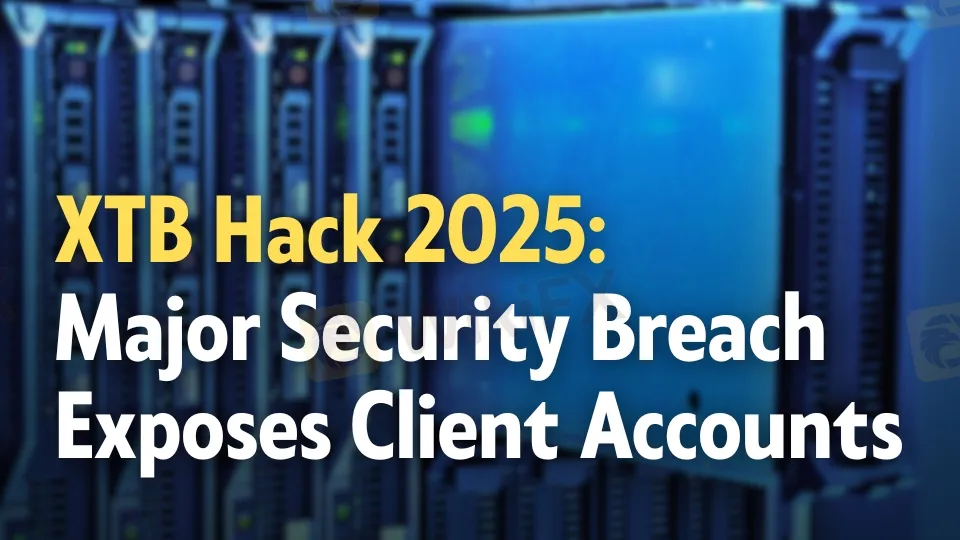Abstract:XTB suffers a major hack in 2025, with hackers draining client accounts and sparking urgent security upgrades. Learn how the breach unfolded and what’s next.

Overview of the XTB Hack 2025
In 2025, Polish online broker XTB became the center of attention after a major security breach, now widely referred to as the XTB hack 2025. The incident resulted in a significant client account security breach, with one investor reporting a loss of roughly 150,000 Polish zloty (about $38,000). This event sent shockwaves through Central Europes financial sector and raised pressing concerns about how hackers were able to steal from XTB accounts and what measures are being implemented to safeguard clients.
How the Breach Occurred
The breach surfaced when a long-standing XTB client publicly disclosed substantial losses. According to the client, hackers executed thousands of rapid trades involving obscure, low-liquidity financial instruments. Rather than attempting direct withdrawals—which XTB restricts to verified bank accounts—the attackers manipulated the market by performing simultaneous buy-sell transactions. This strategy systematically depleted the victims account, while a separate account on the other side of each trade profited.

Key Tactics Used by Hackers
- Rapid-fire trading: Attackers placed thousands of trades within a short period, targeting illiquid assets.
- Market manipulation: The hackers exploited the market by executing matching buy and sell orders, draining one account while enriching another.
- Bypassing withdrawal restrictions: Since XTB only allows withdrawals to verified bank accounts, the attackers avoided direct cash-outs and instead used trading as their extraction method.
Social Media Reaction and Wider Impact
News of the XTB client account security breach spread quickly on social media, with other traders across Central Europe sharing similar experiences. Many reported that their complaints to XTB were dismissed, as the company pointed to user responsibility for password management. A critical vulnerability at the time was the lack of mandatory two-factor authentication (2FA); only about 10% of XTB customers had enabled this extra layer of security.
Market Consequences
The fallout from the XTB hack in 2025 was swift. XTBs stock price dropped more than 6% in a single day following the incident—the steepest decline of the year—before partially recovering. This volatility highlighted shaken investor confidence and underscored the urgent need for improved security practices.
XTBs Response: Security Overhaul
In response to the breach and mounting criticism, XTB announced a comprehensive upgrade to its security protocols:
- Mandatory Two-Factor Authentication (2FA): XTB will require all users to enable 2FA, with automatic activation for existing accounts and mandatory setup for all new accounts by the fourth quarter of 2025.
- Switch to TOTP: The new system will use Time-based One-Time Passwords (TOTP) generated by apps like Google Authenticator, moving away from SMS-based codes.
- Enhanced Monitoring: The broker is introducing real-time monitoring for suspicious trading activities and instant alerts for logins from unfamiliar devices or locations.
Industry Perspective
Experts have stressed that both financial brokers and their clients must share responsibility for cybersecurity. With cyber threats on the rise—Poland alone saw a 29% increase in security incidents in 2024—the XTB hack in 2025 stands as a clear warning: robust, mandatory two-factor authentication is now essential to protect client assets.
Want to see how XTB is strengthening account protection after the 2025 hack? Visit their broker's page: https://www.wikifx.com/en/dealer/1561892500.html











